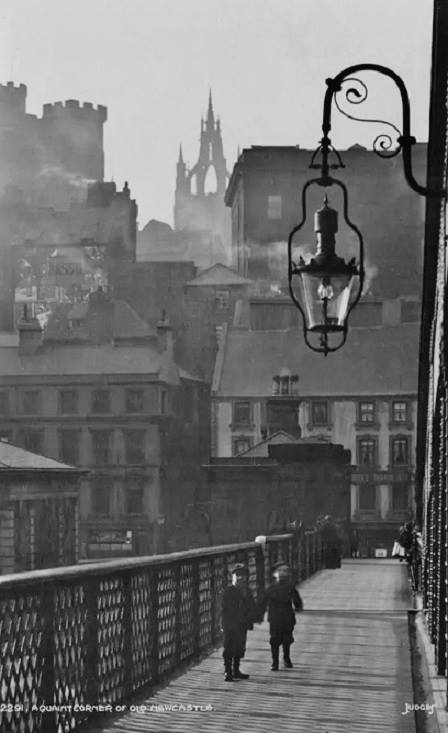if you think this is democracy,
this quango land
insult to our history,
this emptiness
of false celebrity,
this wretched shallowness,
this shattered ignorance
of all that shines from our fought-for heritage,
this media connivence
and bone idleness,
this following of the fast buck,
this grovelling to the greed of capital,
this sickening homage to materialism,
this lack of human spirit
in our city centres,
this brutal selfishness
encouraged by a government
that denies our European roots,
that scans the wonder of the vast Atlantic
for feeble ideas to run with,
this rat race of a society
that puts self above solidarity,
these feeble careerist substitutes for activism
who have lost any real will for change,
who have become corrupted by a power-lust,
who lack any passion
other than to climb grimly up their greasy poles,
clinging on to their self-delusion,
ignoring, in their centrist way,
the true beauty of community,
handing out their gongs to the servile
and rubbishing the selfless folk
who work their little miracles every breathing day.
KEITH ARMSTRONG















